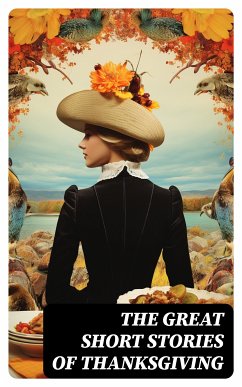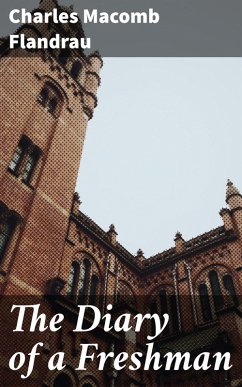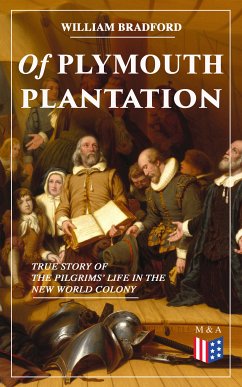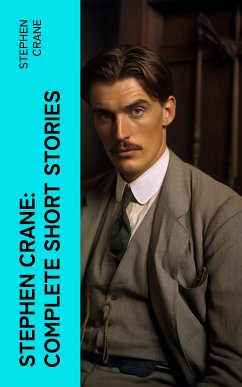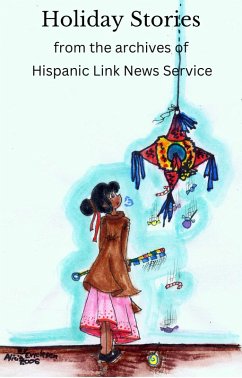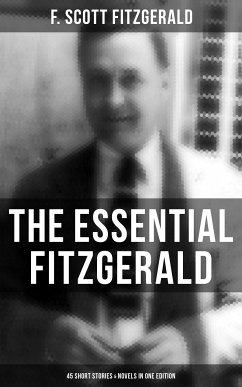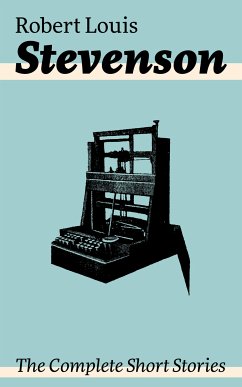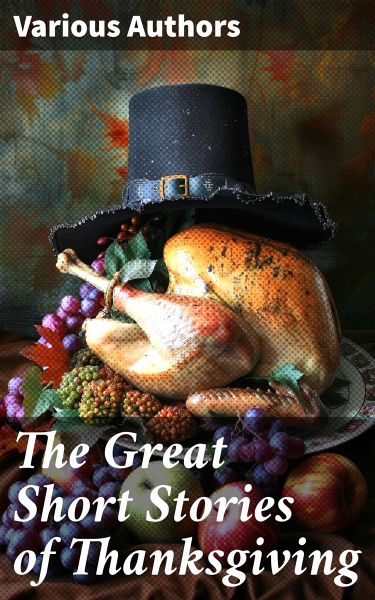
The Great Short Stories of Thanksgiving (eBook, ePUB)
An Anthology of Thanksgiving Tales by Classic American Authors
Versandkostenfrei!
Sofort per Download lieferbar
1,99 €
inkl. MwSt.
Weitere Ausgaben:

PAYBACK Punkte
0 °P sammeln!
"The Great Short Stories of Thanksgiving" is a masterful collection that weaves together the diverse voices of some of literature's most cherished authors, capturing the spirit and nuances of this rich American holiday. This anthology offers a wide range of literary styles, from poignant narratives that delve into familial dynamics to whimsical tales that celebrate the joy and gratitude of Thanksgiving. Standout pieces transport readers to moments of introspection, hope, and reunion, each narrative contributing to a tapestry that honors the holiday's complexity and cultural significance. Curat...
"The Great Short Stories of Thanksgiving" is a masterful collection that weaves together the diverse voices of some of literature's most cherished authors, capturing the spirit and nuances of this rich American holiday. This anthology offers a wide range of literary styles, from poignant narratives that delve into familial dynamics to whimsical tales that celebrate the joy and gratitude of Thanksgiving. Standout pieces transport readers to moments of introspection, hope, and reunion, each narrative contributing to a tapestry that honors the holiday's complexity and cultural significance. Curated with a keen eye for diversity in storytelling, the collection pays homage to the tradition of Thanksgiving through the lens of both the past and the present. The anthology features an illustrious roster of contributors, including Harriet Beecher Stowe, Nathaniel Hawthorne, Louisa May Alcott, and Charlotte Perkins Gilman, each bringing a unique perspective to the Thanksgiving table. These authors, representative of various literary movements and historical contexts, enrich the thematic depth of the collection. Whether penned during the height of realism or influenced by the transcendentalist movement, the stories collectively explore themes of gratitude, community, and the multifaceted American experience. Through these varied voices, the anthology becomes a vibrant dialogue that enhances our understanding of Thanksgiving traditions. For readers seeking an engaging and enlightening literary journey, "The Great Short Stories of Thanksgiving" offers an unparalleled opportunity to experience the holiday through a multitude of lenses. The collection'Äôs breadth not only educates but also fosters reflection and appreciation for the diverse narratives that contribute to the holiday'Äôs legacy. It invites readers to savor each story, recognizing the profound insights and historical contexts that shaped the unique voices of its time-honored contributors, promising a compelling exploration of Thanksgiving'Äôs thematic richness."
Dieser Download kann aus rechtlichen Gründen nur mit Rechnungsadresse in A, B, BG, CY, CZ, D, DK, EW, E, FIN, F, GR, H, IRL, I, LT, L, LR, M, NL, PL, P, R, S, SLO, SK ausgeliefert werden.




